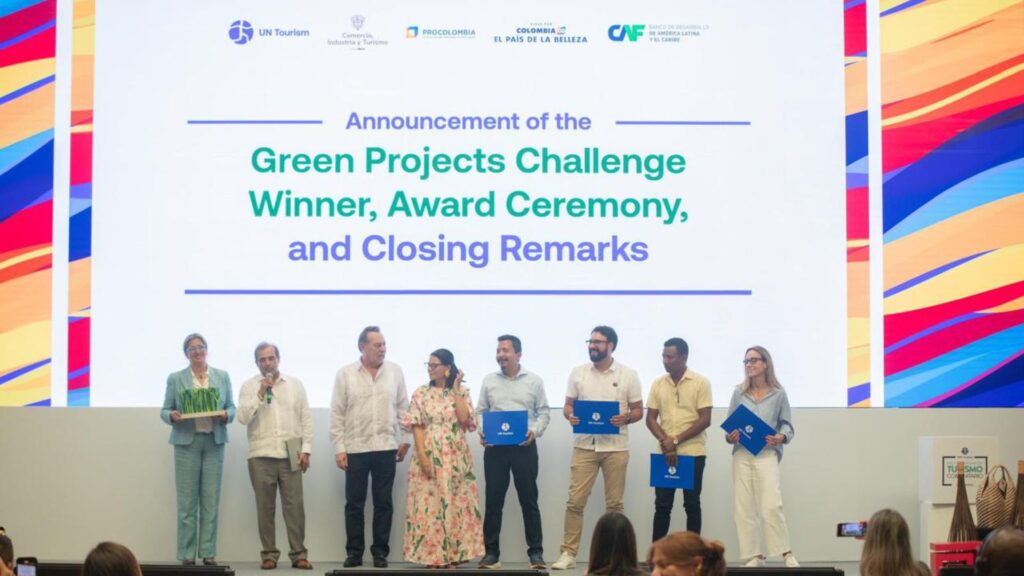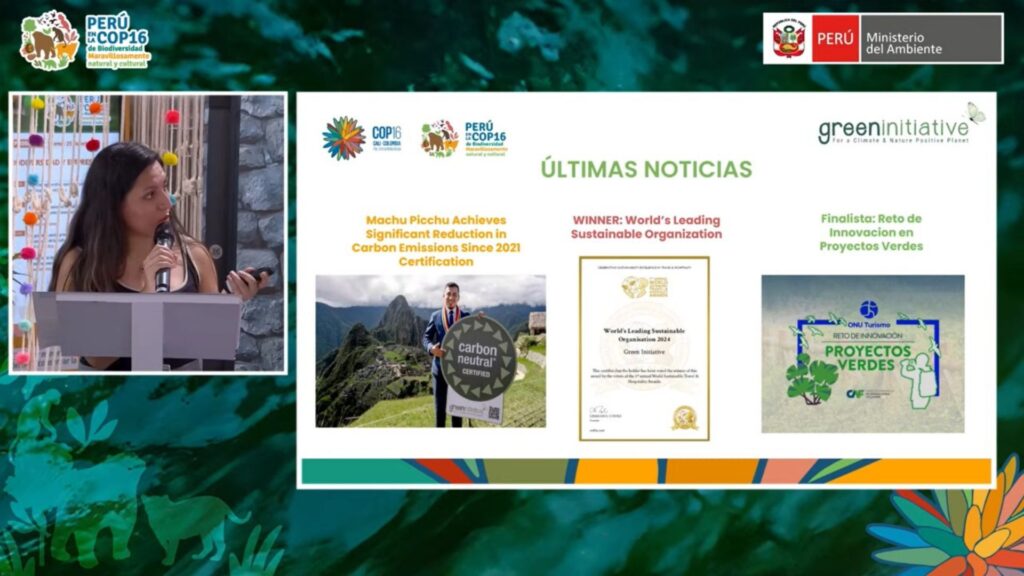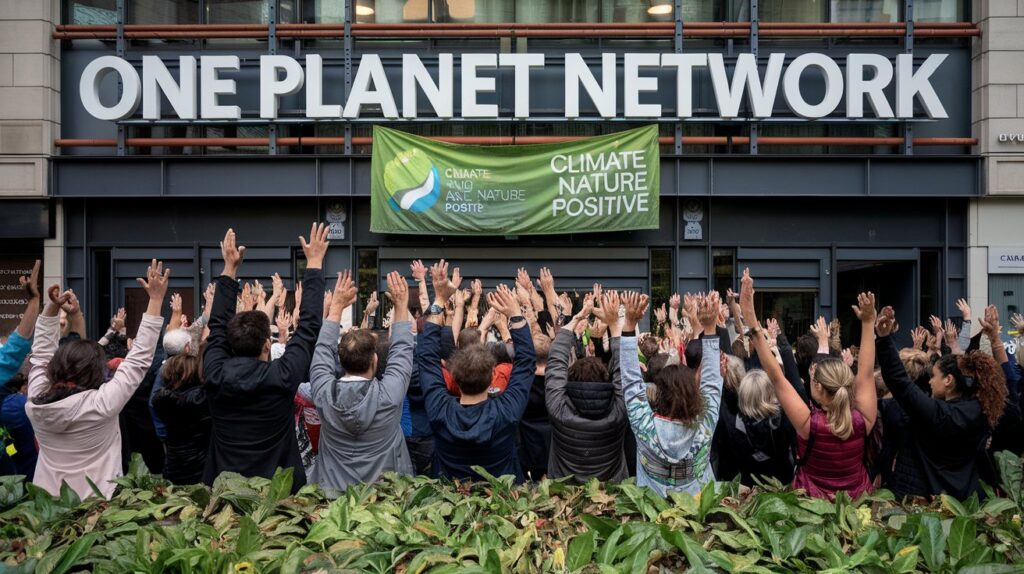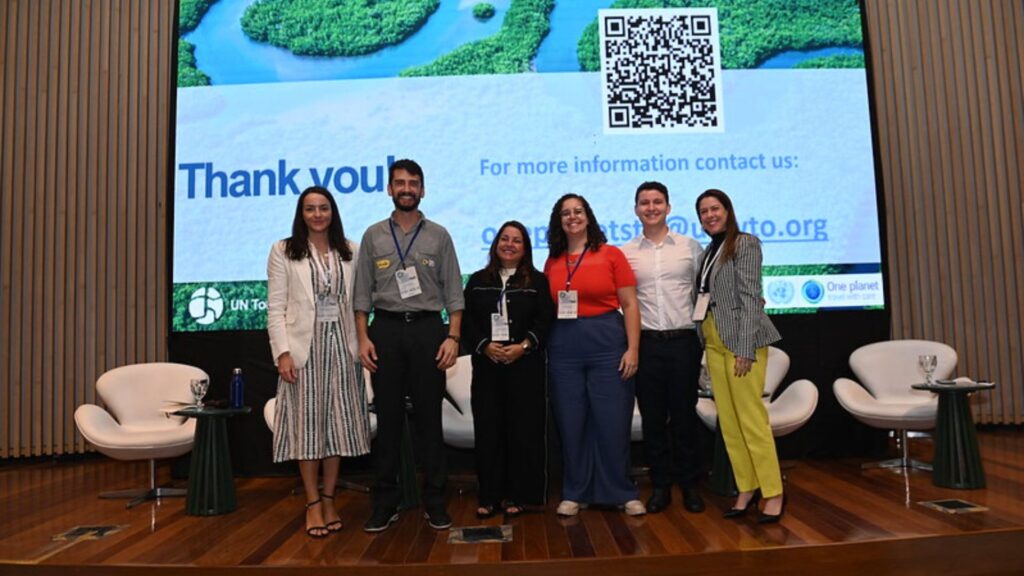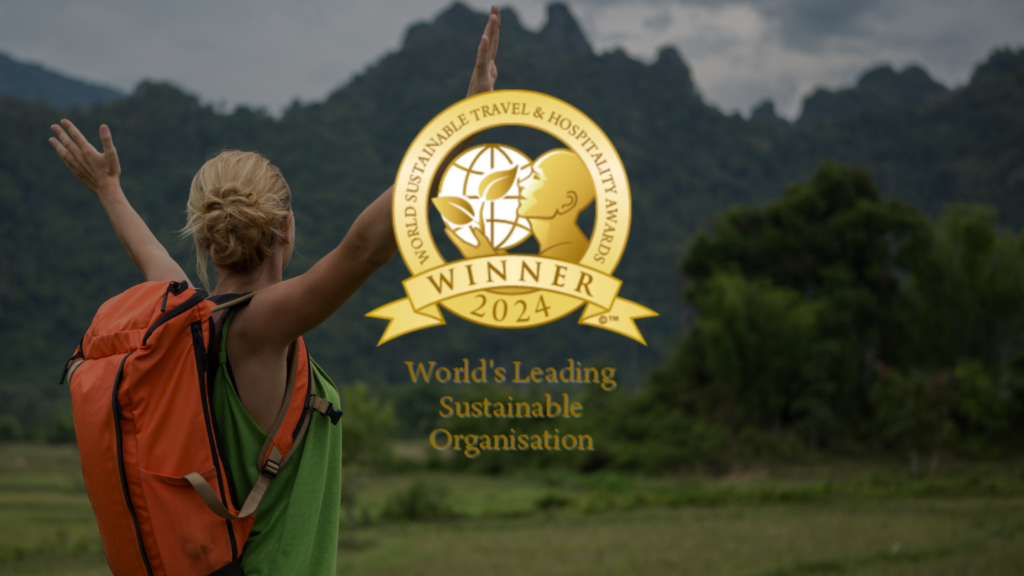Green Initiative: Finalist for the UN Tourism Green Projects Challenge Awards | Leading Sustainable Tourism and Climate and Nature Positive Action
From November 13th to 16th, 2024, the vibrant city of Cartagena, Colombia, hosted the 122nd Executive Council Meeting of the United Nations World Tourism Organization (UN Tourism). This prestigious event brought together global tourism leaders to discuss the future of travel, emphasizing sustainability, resilience, and innovation in a post-pandemic world. Attended by representatives from 47 countries, including 21 deputy ministers, 350 international delegates, and stakeholders from the private sector, civil society, and financial organizations, the Council addressed strategic pillars such as tourism innovation and attracting investments for sustainable development. Amid these significant discussions, Green Initiative achieved a remarkable milestone: we were honored to be named a finalist for the Green Projects Challenge Awards, acknowledging our impactful efforts to drive climate action and foster sustainability in climate and nature through regenerative travel and tourism. Driving Climate Action: Green Initiative at the Green Projects Challenge Awards We are thrilled to announce that Green Initiative has been selected as a finalist for the Green Projects Challenge Awards, co-hosted by CAF – Development Bank of Latin America and UN Tourism. This prestigious accolade recognizes organizations that demonstrate outstanding contributions to: Out of over 500 project submissions, only four finalists were chosen to present their initiatives in a 4-minute pitch during the event. Representing Green Initiative, Tatiana Otaviano Luiz emphasized our dedication to creating a greener, low-carbon future: “As a finalist, we are proud to stand alongside organizations committed to building a sustainable world through innovation and collaboration.” Being recognized for this award is a testament to Green Initiative’s work in helping businesses: Our transformative projects align with the goals of the Green Projects Awards and the broader United Nations Sustainable Development Goals (SDGs), making sustainability an aspiration and a necessity. UN Tourism Executive Council: Spotlight on Sustainable Tourism The 122nd UN Tourism Executive Council Meeting provided a platform to explore how sustainable tourism can address the global climate crisis. Host country Colombia demonstrated its commitment to sustainability through programs promoting biodiversity conservation and eco-friendly tourism development. During the event, delegates emphasized the critical need to balance tourism growth with environmental preservation. This focus resonates with Green Initiative’s vision of a tourism sector that contributes to economic recovery while respecting nature and promoting social inclusion. CAF and UN Tourism: Pioneers of Sustainability and Innovation The Green Projects Challenge Awards, co-hosted by CAF and UN Tourism, aim to recognize projects that embody sustainability leadership. These organizations are pivotal in fostering a future where climate action is at the heart of economic and social development. With more than 500 projects submitted, the awards highlight the collaborative efforts needed to: As a finalist, Green Initiative is honored to join the global movement of organizations leading the fight against climate change. We share this recognition with other exceptional finalists making transformative contributions to sustainability: Rodolfo Salinas Roca, representing Natoure, for pioneering efforts in eco-tourism in Mexico, Alvaro Quiros Rodriguez, with Tequina Wave, for advancing sustainable practices in coastal tourism in Panama, and Gilson Altamar, from Por un Coral Más Vivo, for championing marine conservation and coral restoration in Colombia. Together, we represent a united front in driving innovation, reducing carbon footprints, and fostering a more sustainable future. We extend our heartfelt congratulations to the incredible leaders and organizations recognized at the UN Tourism Green Projects Challenge Awards for their dedication to advancing sustainable tourism and driving positive climate and nature action. A special acknowledgment goes to: Together, your collective efforts inspire hope and action in the global fight against climate change, proving that sustainability is not only possible but essential for a thriving future. 🌍✨ Congratulations to all on your outstanding contributions! Let us continue to work together toward a more sustainable, inclusive, and resilient world. A Commitment to a Low-Carbon Economy Green Initiative’s recognition at the Green Projects Challenge Awards underscores the impact of our efforts to advance sustainable tourism and help industries transition toward a low-carbon economy. By partnering with businesses and governments, we create actionable solutions to address environmental challenges, build climate resilience, and foster sustainable development. As the 122nd UN Tourism Executive Council concluded, it left a renewed sense of optimism about the role of sustainable tourism in tackling the world’s most pressing environmental challenges. Discover how Green Initiative can help your organization lead climate action. Contact us today to learn more. Related content:

